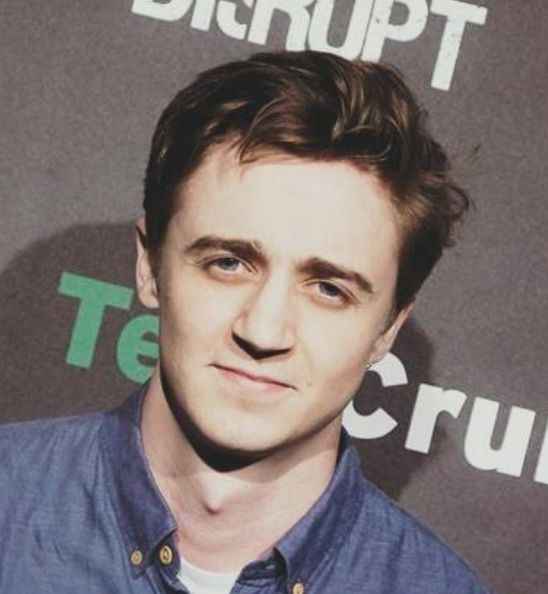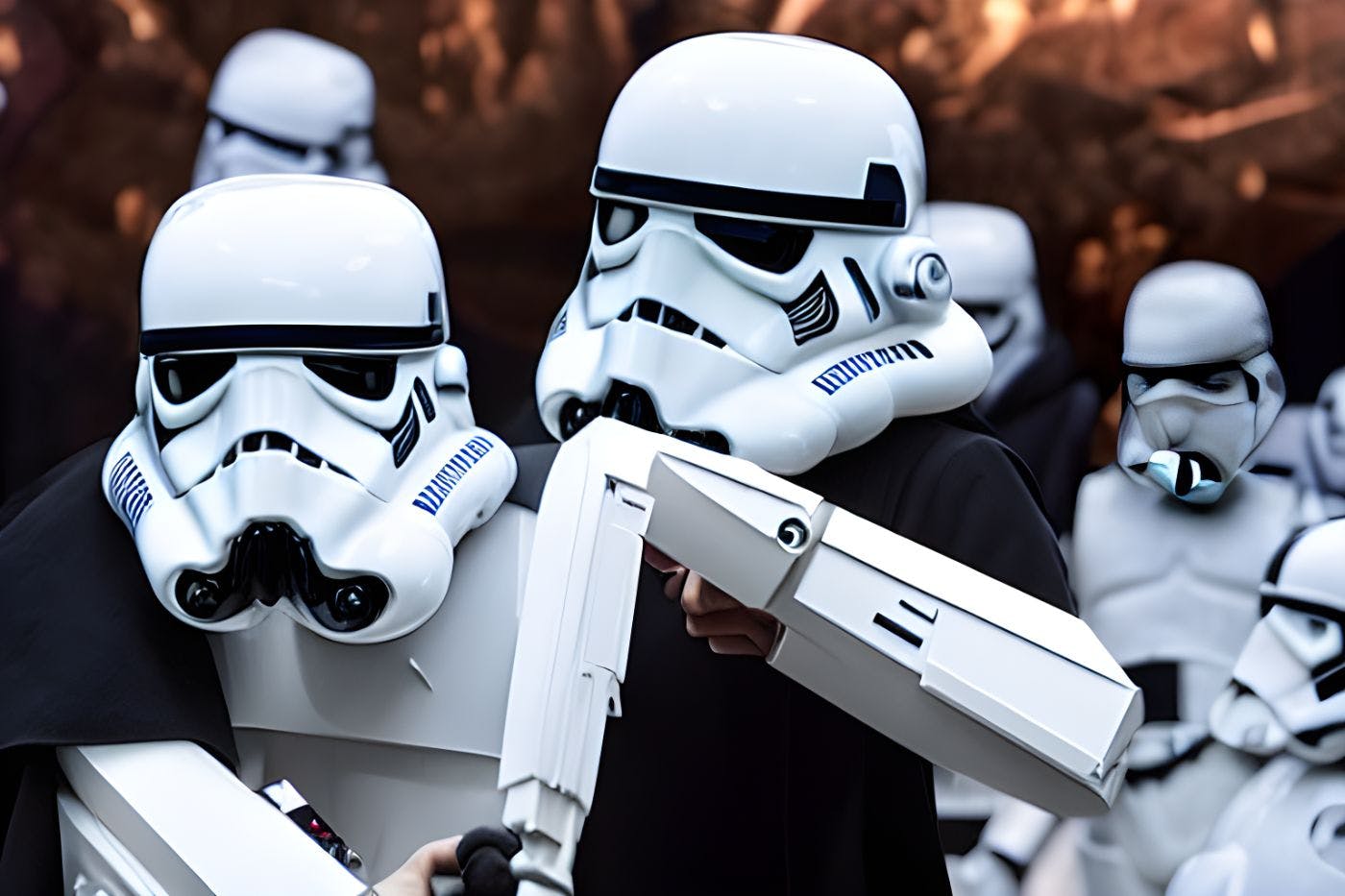565 reads
Han Solo — my journey from Google to founding Kalo
by
January 25th, 2016

Founder of Polywork⚡️Designer, Storyteller, Creator of 4 wonderful AIs; Jupiter, Titan, Pluto and I/O.
About Author
Founder of Polywork⚡️Designer, Storyteller, Creator of 4 wonderful AIs; Jupiter, Titan, Pluto and I/O.
